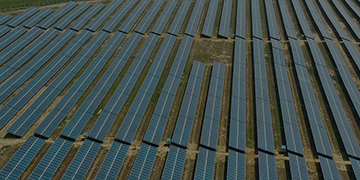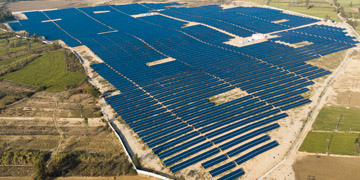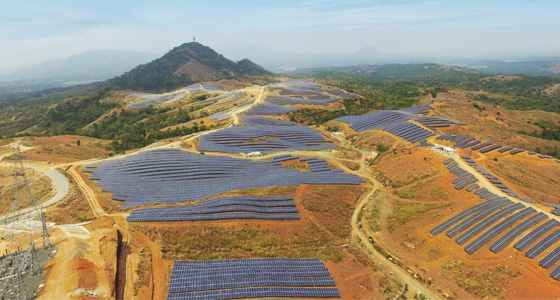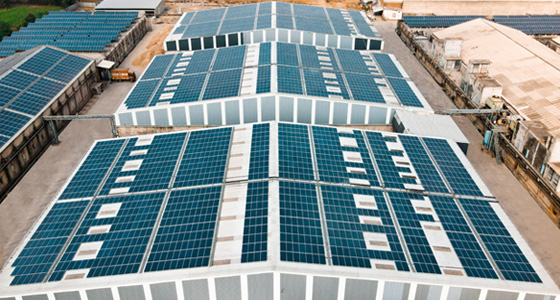Data Centres
Driven by favourable policies, increased digitisation, and an exponential increase in data consumption, the Data Centres (DCs) in India are expected to grow by 5x in the next 5 year. However, the DCs are huge energy guzzlers and do require uninterrupted power throughout their operations – most of it is to run the equipment and keep the machines cool. Owing to stringent environmental norms and net-zero commitments, there is a dire need for DCs to achieve green power supply. SunSource Energy provides clean energy solutions to the DCs to support their energy transition.
Client Success
SunSource Energy is helping some of the world’s leading organizations with their energy transition.
Off-Site Solar
RSPL Group
India’s leading conglomerate’s clean energy transition with SunSource Energy
Off-Site Solar
Goodluck Industries
Reducing Energy cost and simplifying the energy transition for one if India’s leading Steel processing companies.
Our Solutions
Find out how much you can save with Solar?
Contact us to get free quote
Client
Testimonials
Frequently Asked Questions
Each state has different regulations for Open access projects. Hence, charges for such projects vary with its location and procurement model. However, most states do have favourable policies for open access and have generally exempted Open Access projects from many of these charges.
Various charges under the Open Access mechanism include:
Transmission charges - Charges are payable to the transmission company for using the transmission infrastructure.
Wheeling charges - Charges are payable to the distribution company for using the infrastructure.
Transmission losses and Wheeling losses- These are the electricity losses incurred during the transmission and distribution of power.
Cross-subsidy surcharge (CSS) - These are payable by commercial and industrial buyers to fund the tariff subsidy for agricultural and residential buyers.
Additional surcharge (AS)
Banking charges
The important models are:
- Captive
- Group Captive
- Third Party PPA:
Open access power is a regulatory mechanism that allows a grid-connected bulk consumer with a connected load of 1MW or above to meet a part of or their entire electricity requirements via alternate energy sources.
-u5kjnp.png)










